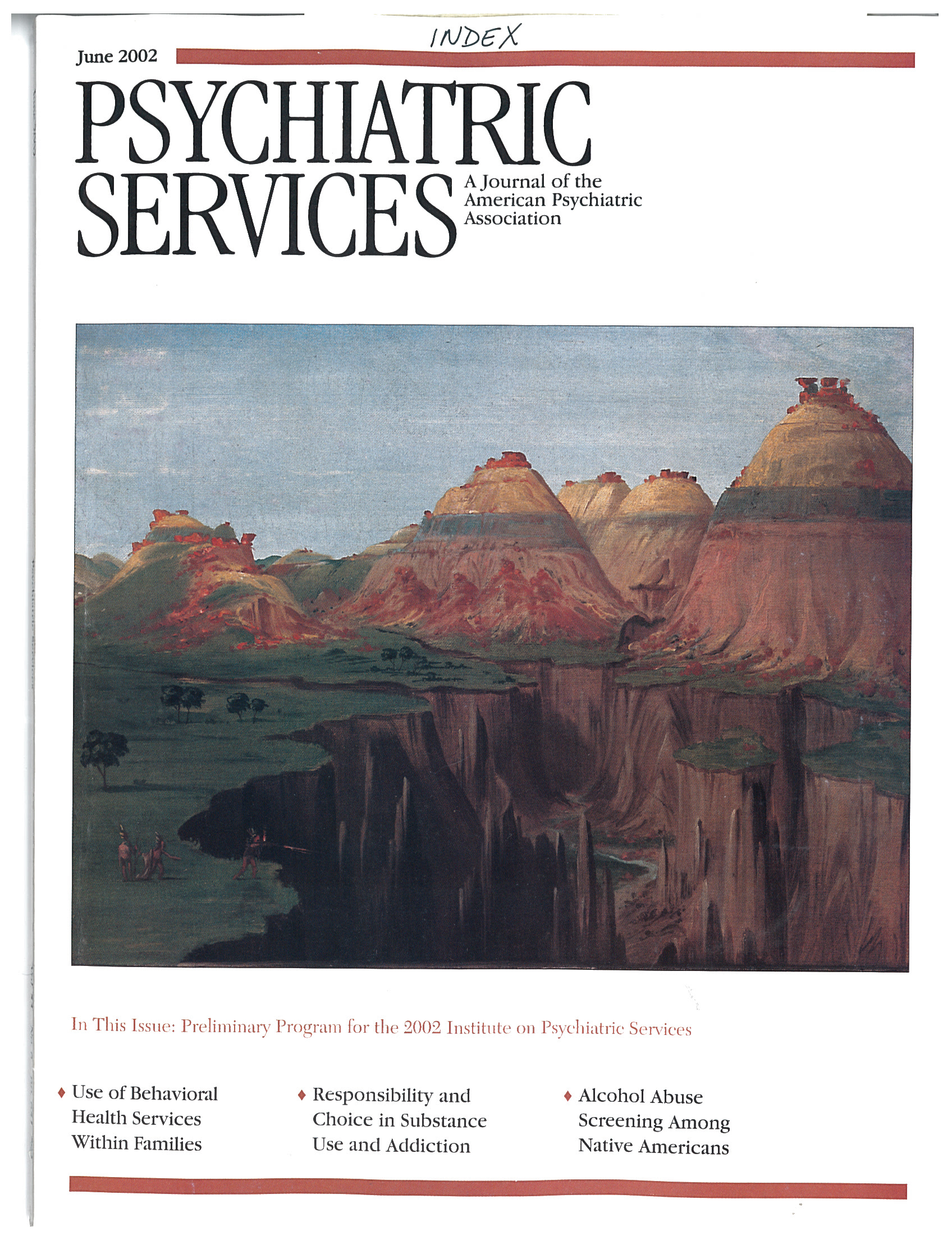To the Editor: I am writing in response to the article in the October 2001 issue by Liberman and colleagues, entitled "Requirements for Multidisciplinary Teamwork in Psychiatric Rehabilitation." I was surprised to see that occupational therapy practitioners were apparently categorized as "paraprofessionals," with the term "professional" reserved for psychiatrists, psychologists, social workers, and nurses. Dr. Liberman himself has edited two texts on psychiatric rehabilitation (
1,
2) in which occupational therapists are consistently referred to as professionals. Dr. Tsang also describes occupational therapists as professionals in his publications (
3).
The role of the occupational therapist in providing mental health care is highly varied, but it is generally accepted that an occupational therapist's training and practice are specifically focused on functional performance (
4). The occupational therapy literature—notably in journals such as
American Journal of Occupational Therapy and
Occupational Therapy in Mental Health as well as in major textbooks in the field—provides rich descriptions of the role of occupational therapists in helping persons with severe mental illness learn the skills necessary for living independently in the community.
Liberman and colleagues refer narrowly to the field of occupational therapy as "[growing] up with a conceptual framework and a hospital-based practice for diversional activities that were successful in engaging patients but that rarely had carry-over effects in job finding and job tenure." Without citing any references that describe current practice, the authors admonish occupational therapists who work in locked facilities and hospitals and who may provide patients with expressive arts activities and leisure skills training to include training in community living skills in their repertoire. The authors thus imply that the practice of occupational therapy is lacking in balance and relevance. A significant benefit of nonverbal, manual activities is symptom stabilization for patients hospitalized for this purpose. Comparing the goal of stabilizing patients with acute or chronic conditions in a hospital-based facility to the goal of finding and maintaining employment for higher-functioning, more stable clients seems misguided. Because the authors did not mention the role of occupational therapy in areas of treatment other than diversional activities, such as evaluating the functioning and independent living skills of inpatients to prepare them for discharge and providing occupational therapy units in which employment-related skills are practiced, it can be assumed that the authors made no real effort to accurately or more comprehensively report on the current state of occupational therapy practice in hospital-based settings.
However, in considering occupational therapy practice as a whole, it would be more accurate, current, and comprehensive to also cite the work done by occupational therapists in community support programs, such as day treatment and ambulatory care programs, supported housing programs, clubhouse programs, and assertive and regular case management programs. In these community-based settings, practitioners can enter the client's environment and train the individual in vivo, a locus of treatment that is generally acknowledged to be more productive in working with a person who has severe and persistent mental illness. Descriptions of these approaches to the provision of services for people with serious mental illness can be found throughout the recent occupational therapy literature.
Occupational therapists who work in community mental health settings should and do regard themselves as psychiatric rehabilitation practitioners who provide a broad range of services on rehabilitation teams. In fact, Dr. Tsang, an occupational therapist and one of Dr. Liberman's coauthors, has documented the positive outcomes of psychiatric rehabilitation services provided by occupational therapists and has published reports in journals with a wide multidisciplinary readership (
5).

